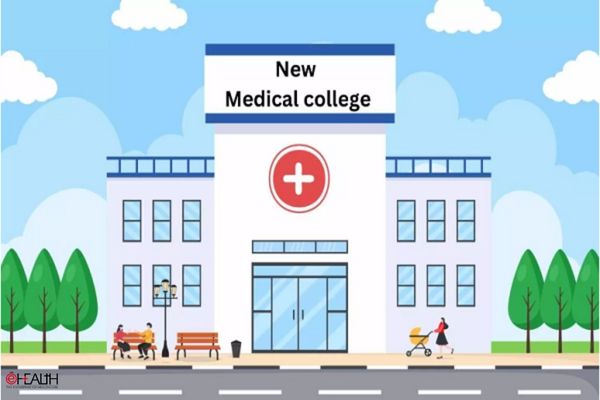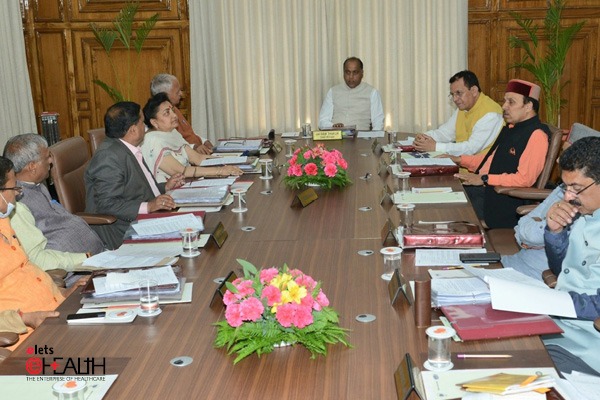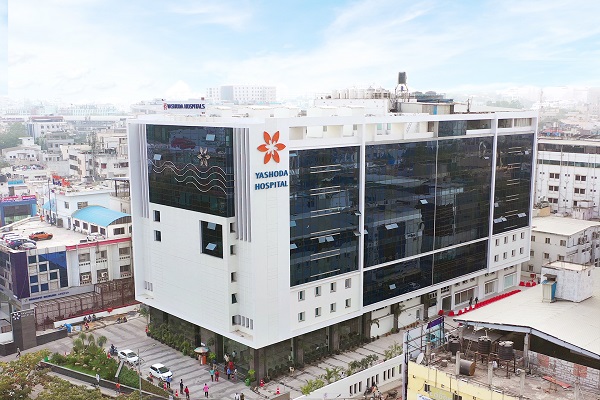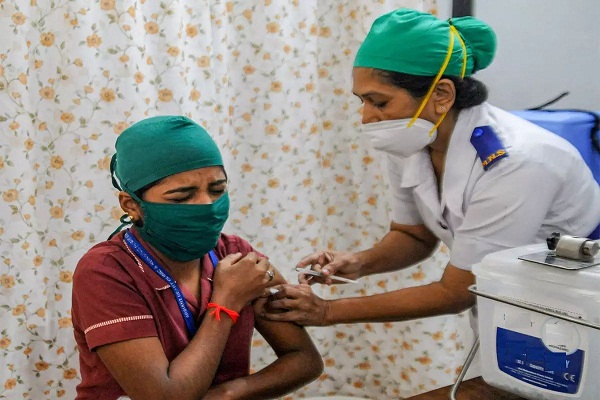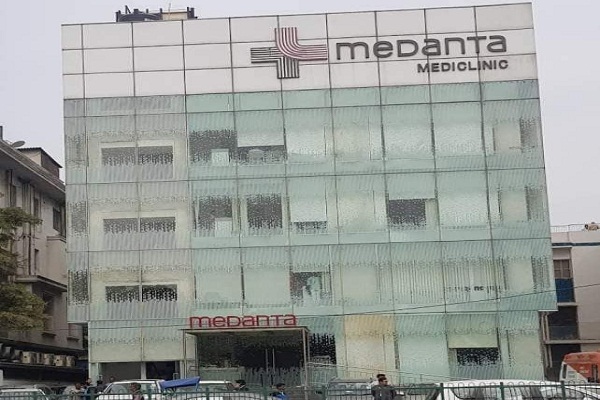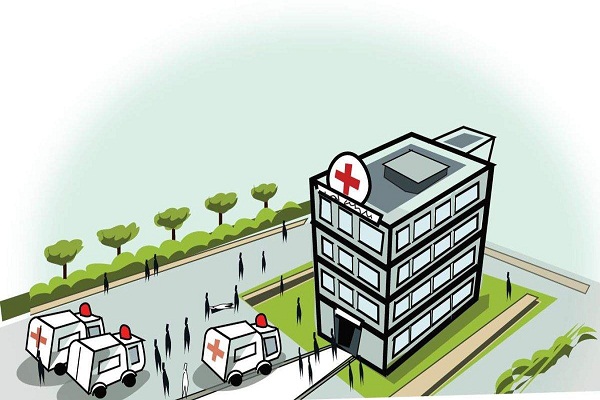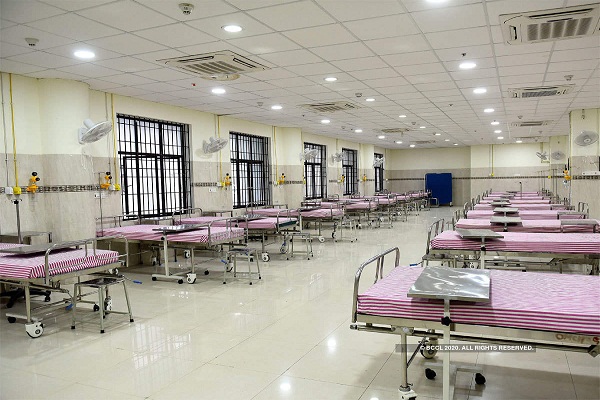

3rd Annual FORT-MOHAN Foundation National Training Programme for Transplant Coordinators at FMRI
Fortis Organ Retri and Transplant (FORT) in association with Mohan Foundation is organising the 3rd Annual FORT-MOHAN Foundation National Training Programme for Transplant Coordinators at Fortis Memorial Research Institute (FMRI) in Gurgaon. This five-day training session began on Tursday at FMRI.
The training programme for this year is being conducted under the aegis of National Organ and Tissue Transplant Organisation (NOTTO). The workshop is aimed at developing skills in the areas of organ and tissue donation, transplantation and grief counseling. More than 60 delegates including transplant coordinators, ICU nurses, medical social workers, paramedical staff and doctors from across the country are expected to participate. Participants will receive a certificate from the Ministry of Health & Family Welfare, Government of India and FORT.

The programme saw reputed speakers addressing different sessions on basic concepts of organ donation, brain death, maintenance of a potential deceased brain donor and other related issues around creating awareness on organ donation. Key speakers include Dr Avnish Seth, FORT, Dr Suvana Navin, Mohan Foundation, Dr Saudan Singh, NOTTO, Dr Anil Agarwal, G B Pant Hospital, Dr Milind Hote, AIIMS, Dr Nivedita Shankaran, Apollo Hospitals and Dr Saurabh Pokhariyal, FMRI.
This is a structured programme for transplant coordinators based on a curriculum developed by NOTTO. The Government has made it mandatory for all hospitals with organ transplant programmes to have a transplant coordinator. It is a most challenging job that entails counseling a grieving family to donate the organs of a loved one after brain death. We would like doctors, nurses and postgraduates in Psychiatry, Sociology or Public health to step forward for this training and make a difference. Workshops like these provide an opportunity to learn from the best experts from across the country, said Dr Avnish Seth, Director, FORT.
At Fortis, our constant endeavour is to create awareness around organ transplant and also increase skills in the areas of organ and tissue donation and transplantation, said Jasdeep Singh, Zonal Director, Fortis Memorial Research Institute.

In brain death, the injury occurs to the brain so that the brain dies even as the heart continues to beat for a few hours to a few days, thus maintaining the blood supply to the vital organs and providing the opportunity to retrieve and transplant organs. A single non-living beating-heart donor can save several lives by donating the heart, lungs, liver, kidneys, pancreas and small bowel. Also, several tissues like cornea, heart valves, eardrums, bones, tendons and skin can be donated. In India the awareness towards organ donation is poor and the organ donation rate is a dismal 0.34/million population as compared to more than 30/million in some western countries.
As per estimates, there is a need to transplant over 200,000 kidneys, 50,000 livers and 20,000 hearts annually. However, in the absence of a robust organ donation program in the country, less than 5 per cent undergo transplantation, added Dr Seth.
Be a part of Elets Collaborative Initiatives. Join Us for Upcoming Events and explore business opportunities. Like us on Facebook , connect with us on LinkedIn and follow us on Twitter , Instagram.



